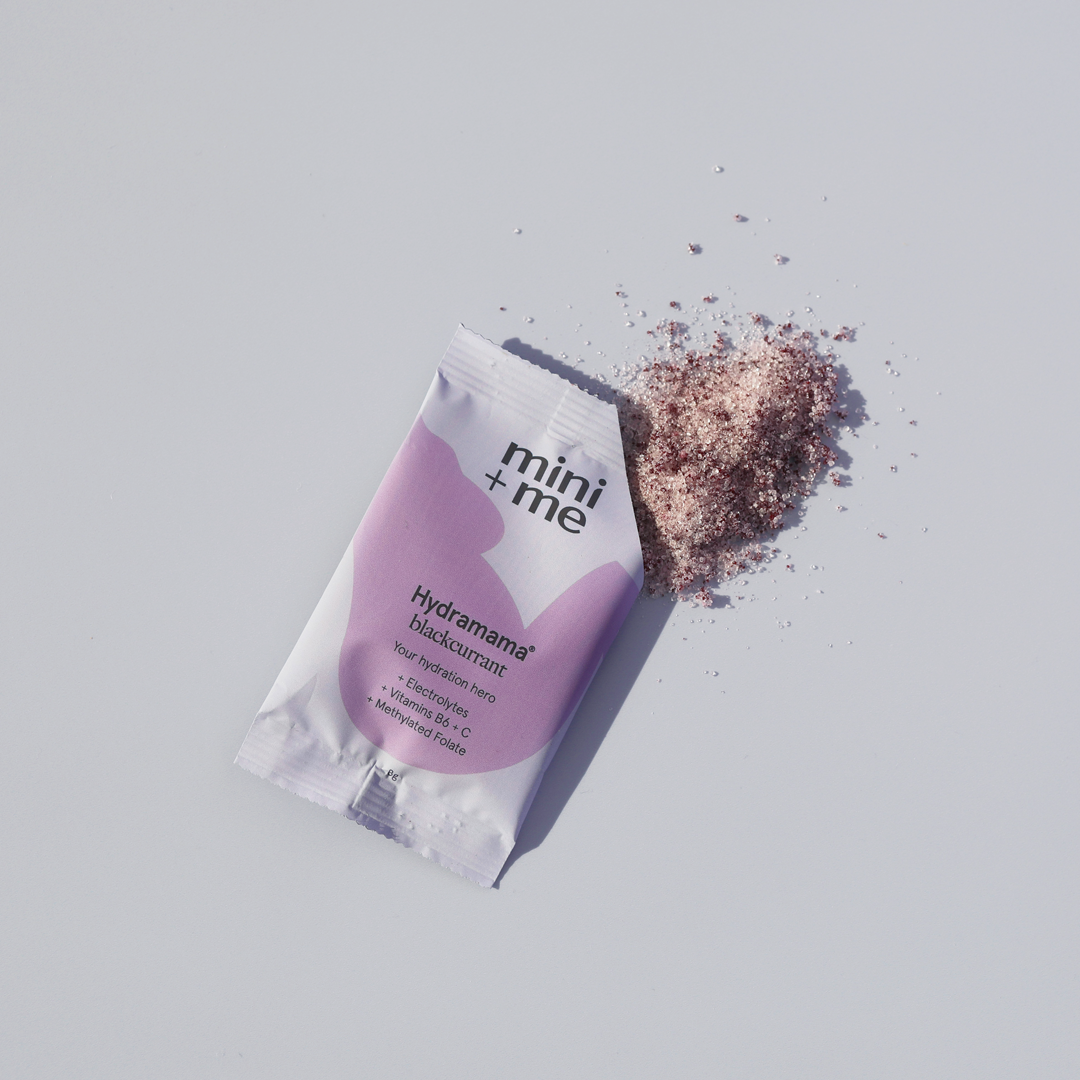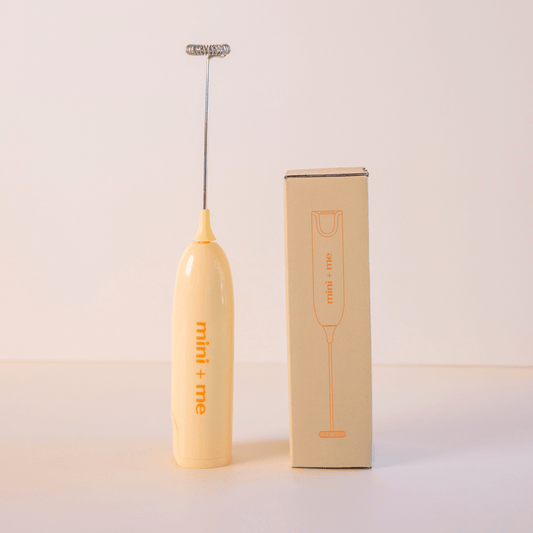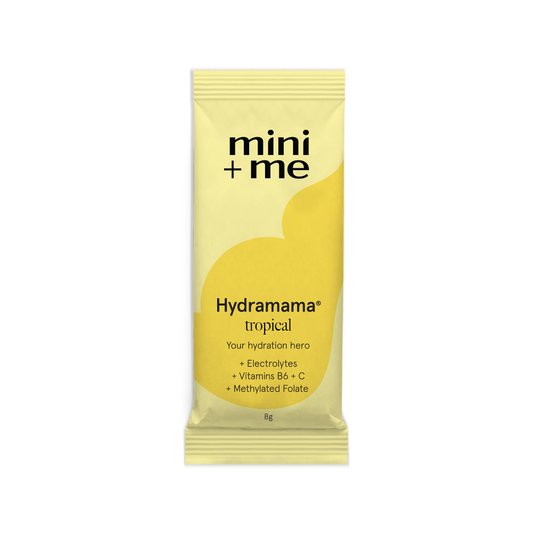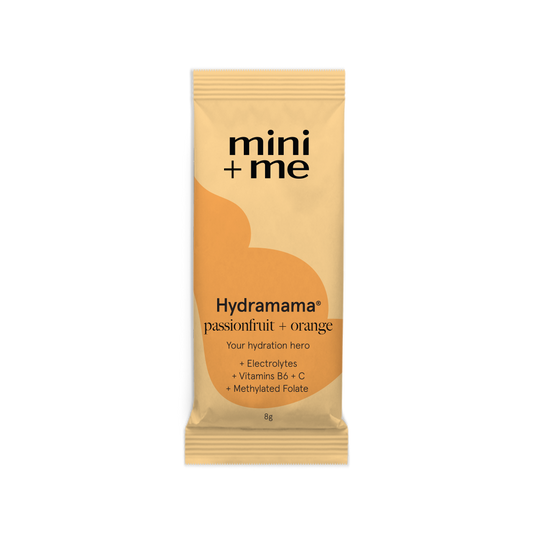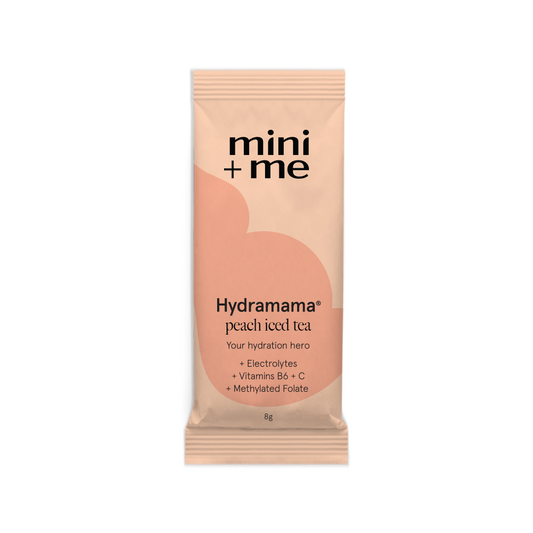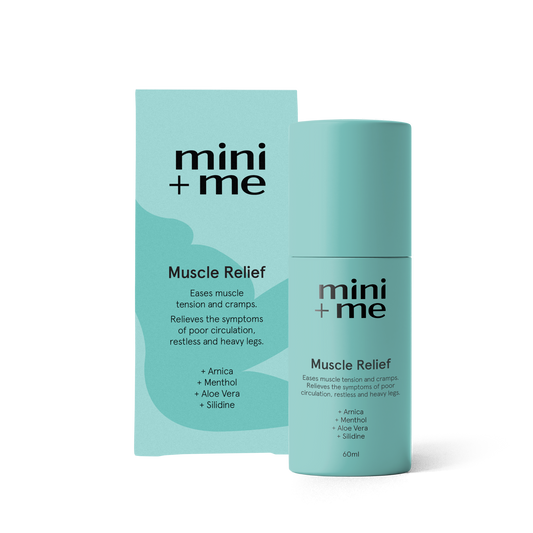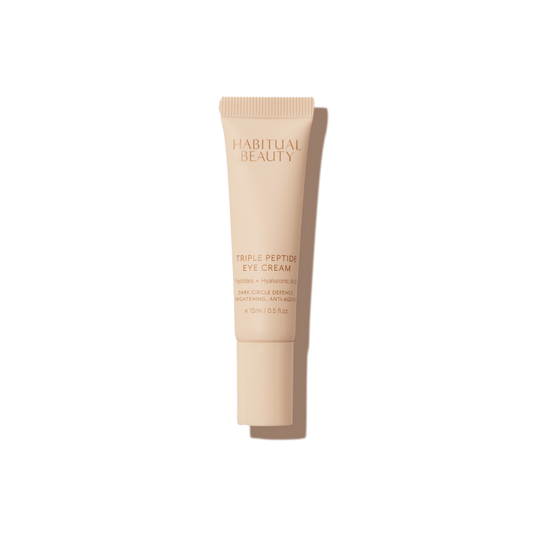Do we actually need sodium for hydration?
The short answer – yes, absolutely! Sodium is essential for hydration for five important reasons. For everyone, sodium can help to:
1. Maintains Electrolyte Balance
Sodium is an electrolyte. It carries an electrical charge when dissolved in body fluids. Maintaining the right balance of electrolytes is essential for many physiological functions, including nerve signalling, fluid regulation, and muscle function.
2. Regulates Osmotic Pressure
Osmotic pressure controls the movement of water between cells and the bloodstream. Sodium is key in maintaining this pressure, ensuring your cells stay properly hydrated and function efficiently.
3. Supports Fluid Retention
Sodium helps the body retain water by working with hormones and the kidneys. This fluid retention is especially important during times of increased fluid loss – such as on hot days, after exercise, or during pregnancy, breastfeeding and the postpartum period.
4. Supports Nerve Function
Sodium plays a critical role in transmitting nerve impulses. This allows muscles to contract and the body to respond to signals – from everyday movements to complex bodily functions like breastfeeding and digestion.
5. Helps Regulate Blood Pressure
Sodium works in balance with other electrolytes, like potassium, to help regulate blood pressure and fluid volume in the body. Both high and low levels of sodium can impact blood pressure and overall cardiovascular health.
Are you currently pregnant?
During pregnancy, your body requires more fluid for many reasons. You need more water to support amniotic fluid, placental function, and an expanding blood volume. You also tend to lose more fluids through sweat and increased urine output.
Sodium intake in pregnancy is sometimes viewed negatively, but in reality, it plays a vital role in helping you avoid dehydration. Sodium supports plasma volume expansion and helps transport essential nutrients – including sodium itself – to your baby via the placenta.
There is no strong evidence supporting routine sodium restriction in pregnancy unless advised for specific medical reasons such as hypertension. Meeting your electrolyte needs is part of maintaining a healthy pregnancy.
Are you currently breastfeeding?
Sodium is a key component of breastmilk because babies need electrolytes for their own hydration and development. While sodium levels in breastmilk are generally well regulated by the body, a breastfeeding mother’s hydration and dietary sodium intake can influence milk volume and maternal wellbeing.
Electrolyte and sodium supplementation can also help keep a breastfeeding woman well hydrated. This is important because adequate fluid and mineral intake supports ongoing milk production and helps replenish what’s lost through breastfeeding, sweat and urine.
Current guidelines recommend that breastfeeding women aim for around 3 litres of fluid per day to promote and support milk supply. This includes water, herbal teas, milk and electrolyte-containing drinks.
There are so many vital reasons that the body requires sodium, so it’s time to stock up on Hydramama today.
References
Palmer, B. F., & Clegg, D. J. (2021). Electrolyte and acid–base disturbances in pregnancy. Best Practice & Research Clinical Endocrinology & Metabolism, 35(1), 101321.
Costantine, M. M. (2019). Physiologic changes in pregnancy. Clinical Obstetrics and Gynecology, 62(2), 263–271.
Dimitriadis, G. K., et al. (2021). Hyponatremia and the endocrine system. Frontiers in Hormone Research, 56, 84–97.
Laffer, C. L., Elijovich, F., & Sahinoz, M. (2020). New insights into the relationship between sodium and blood pressure. Current Hypertension Reports, 22(6), 1–8.
Thomas, D. R. (2020). Cation and water balance: Physiology and pathophysiology. Clinical Geriatric Medicine, 36(2), 203–216.
Malhi, H., & Gores, G. J. (2019). Cellular physiology of cell injury in the kidney. The New England Journal of Medicine, 380(10), 937–947.
Mitoulas, L. R., et al. (2020). Milk composition and volume during lactation: New insights using stable isotope techniques. Nutrients, 12(8), 2345.
National Health and Medical Research Council (NHMRC). (2023). Nutrient Reference Values for Australia and New Zealand: Water.
Cart is Empty
Your Cart is Empty
- Choosing a selection results in a full page refresh.
- Opens in a new window.




